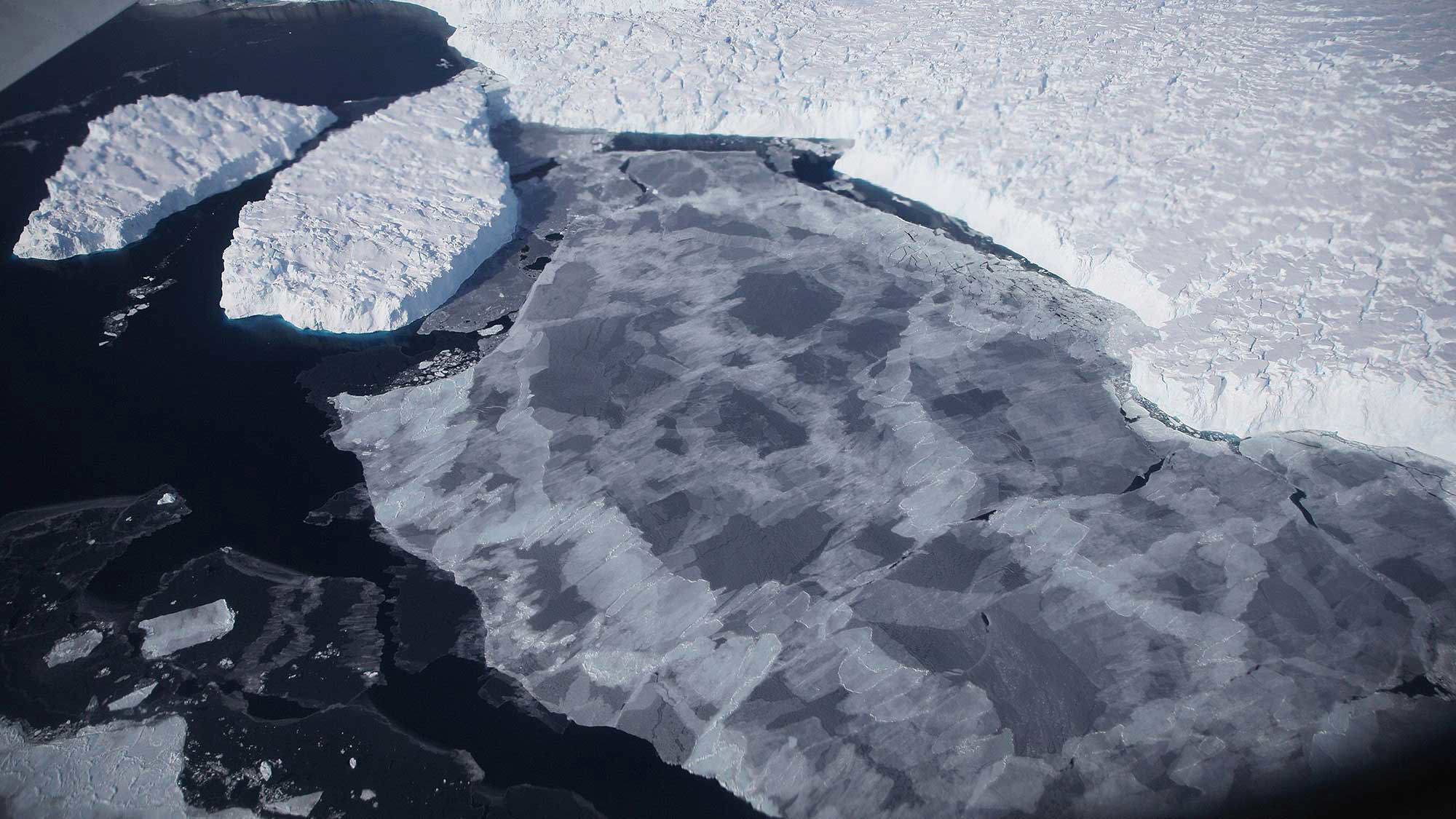
A team of Aussie scientists say the clock is ticking, and it's time to prepare.
Massive and accelerating changes in Antarctica could have catastrophic consequences for Australia unless urgent action is taken, new research has found.
Scientists from the University of NSW and the Australian National University were part of an international team who said the climate-driven changes in Antarctica are not only connected, but accelerating.
Lead author Dr Nerilie Abram, chief scientist at the Australian Antarctic Division, said there was an urgent need to prepare for widespread impacts.
READ MORE: Tassie tigers and toad war: De-extinction giant's Aussie projects
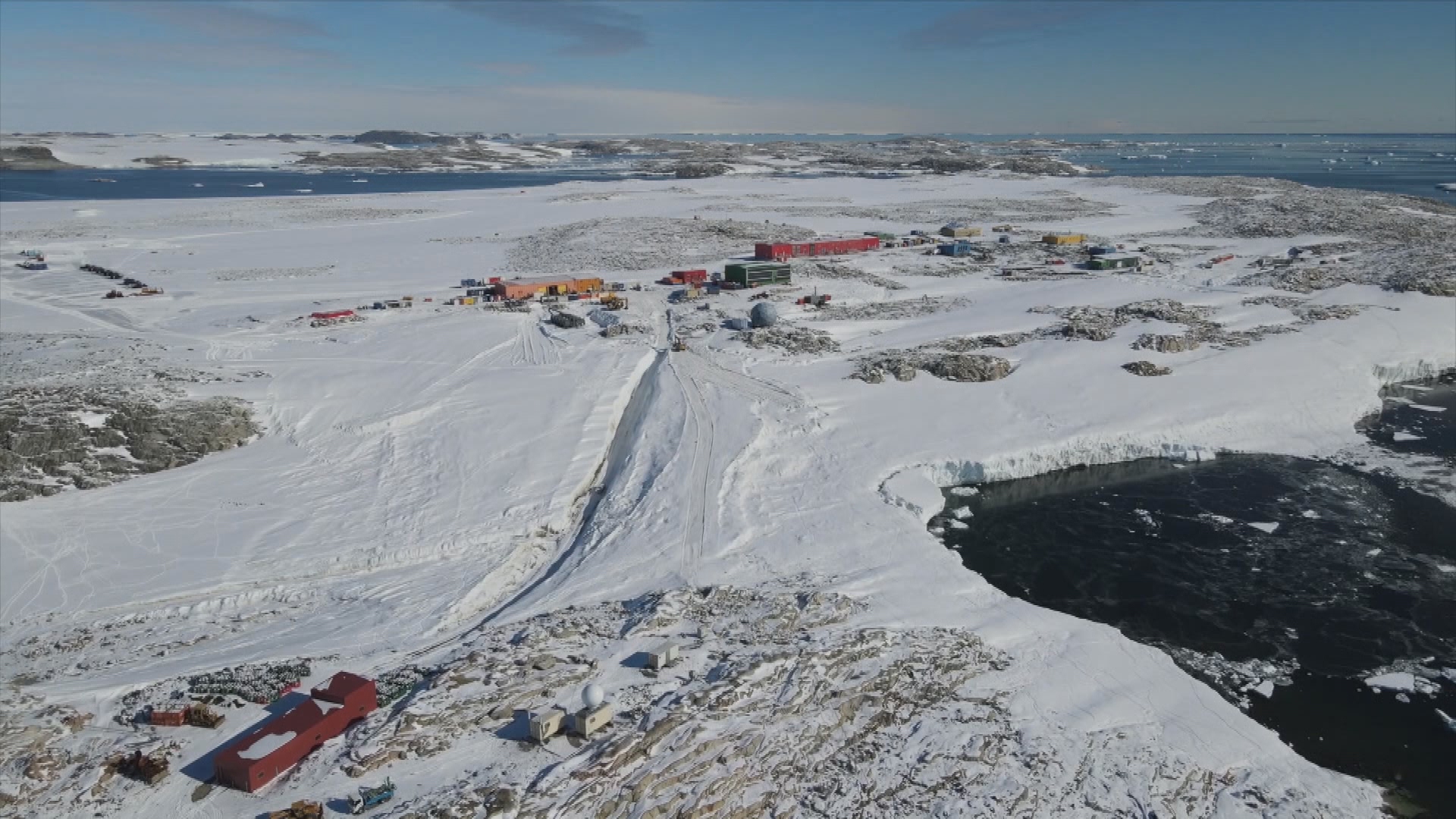
"Rapid change has already been detected across Antarctica's ice, oceans and ecosystems – and this is set to worsen with every fraction of a degree of global warming," she said.
Co-author Professor Matthew England from UNSW said there were consequences for Australia.
"These include rising sea levels that will impact our coastal communities, a warmer and deoxygenated Southern Ocean that's less able to remove carbon dioxide from the atmosphere – leading to more intense warming in Australia and beyond – and increased regional warming from Antarctic sea ice loss," he said.
READ MORE: NATO warplanes scrambled amid Russian drone attacks on Ukraine

Dr Abram said the sudden loss of sea ice in the region had a range of knock-on effects.
"This includes making the floating ice shelves around Antarctica more susceptible to wave-driven collapse."
She warned the West Antarctic Ice Sheet (WAIS) was at severe risk of collapse as global carbon dioxide levels continue to rise. This loss would raise sea levels by more than three metres, threatening coastal cities and communities worldwide.
READ MORE: Scientists get a rare peek inside of an exploding star
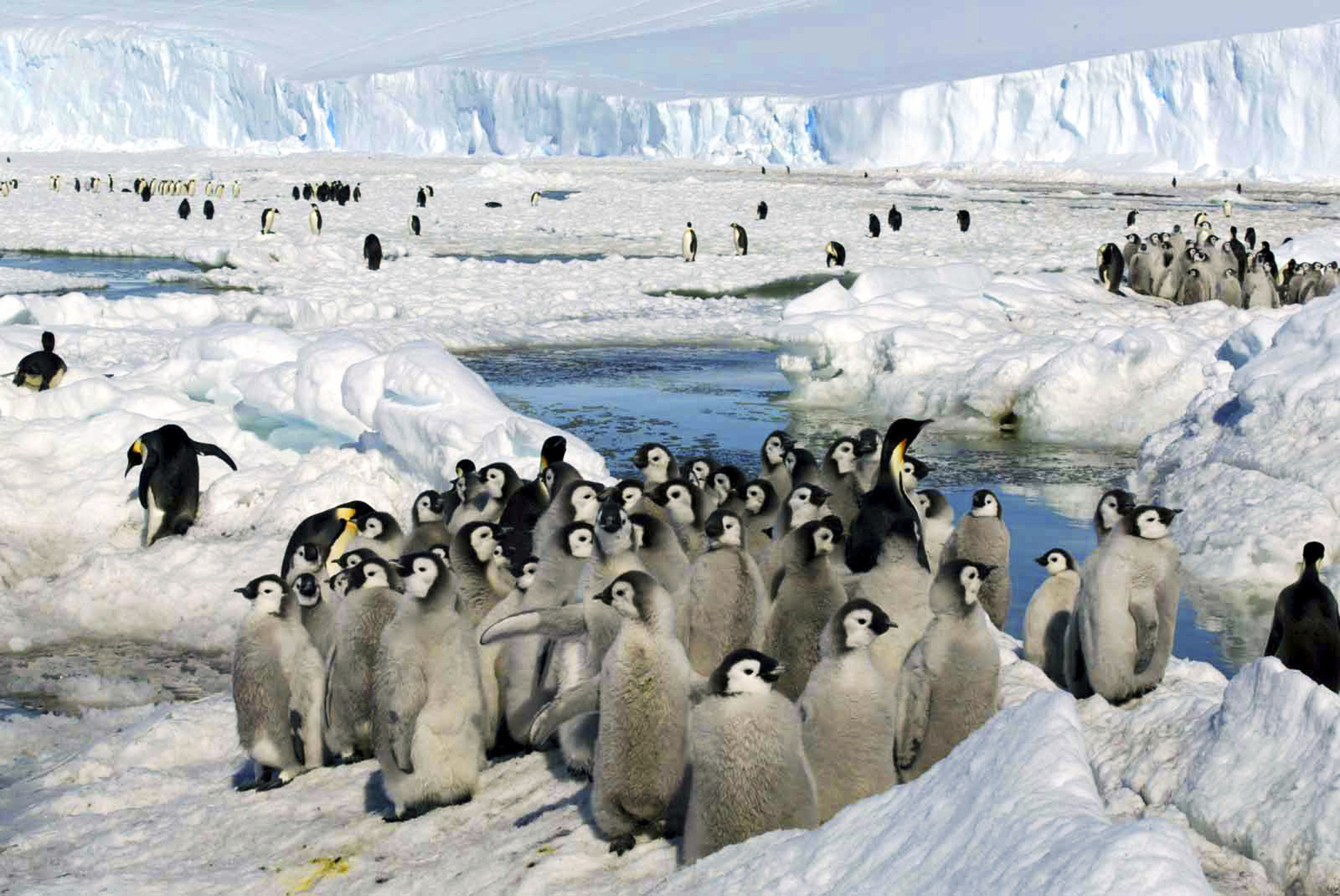
"Such a collapse would result in catastrophic consequences for generations to come," she said.
The loss of sea ice will also hit wildlife, with emperor penguins in particular facing a heightened risk of extinction.
The penguins rely on stable sea ice to raise their chicks, with losses to entire colonies already seen.
The researchers warned other species were also under threat, including krill, seals and several other penguin species. Tiny ocean plants that many animals depend on for food – phytoplankton – are also affected by warming and acidification.
Dr Abram said both sea ice loss and a slowdown in deep ocean circulation were already showing signs of being more sensitive to warming than previously thought.
"As sea ice is lost from the ocean surface, it is also changing the amount of solar heat being retained in the climate system. That is expected to worsen warming in the Antarctic region," Dr Abram said.
"Other changes to the continent could soon become unstoppable, including the loss of Antarctic ice shelves and vulnerable parts of the Antarctic ice sheet that they hold behind them."
Dr Abram says efforts through the Antarctic Treaty System to reduce pressure on ecosystems are important – but won't be enough on their own.
"The only way to avoid further abrupt changes and their far-reaching impacts is to reduce greenhouse gas emissions fast enough to limit global warming to as close to 1.5 degrees Celsius as possible," she said.
"Governments, businesses and communities will need to factor in these abrupt Antarctic changes that are being observed now into future planning for climate change impacts, including in Australia."
DOWNLOAD THE 9NEWS APP: Stay across all the latest in breaking news, sport, politics and the weather via our news app and get notifications sent straight to your smartphone. Available on the Apple App Store and Google Play.
 It took decades for doctors to diagnose Richard's anorexia. He is not alone
It took decades for doctors to diagnose Richard's anorexia. He is not alone
 'His record is forever tarnished': Netanyahu escalates personal attack on Albanese
'His record is forever tarnished': Netanyahu escalates personal attack on Albanese
 Bruce Lehrmann judge 'distracted' by cover-up, lawyer says
Bruce Lehrmann judge 'distracted' by cover-up, lawyer says
 Family's car containing luggage, passports stolen as they were heading on holiday
Family's car containing luggage, passports stolen as they were heading on holiday
 Staff at this Aussie company about to become overnight millionaires
Staff at this Aussie company about to become overnight millionaires
 Man, 76, charged after allegedly stabbing neighbour, 81, in driveway
Man, 76, charged after allegedly stabbing neighbour, 81, in driveway
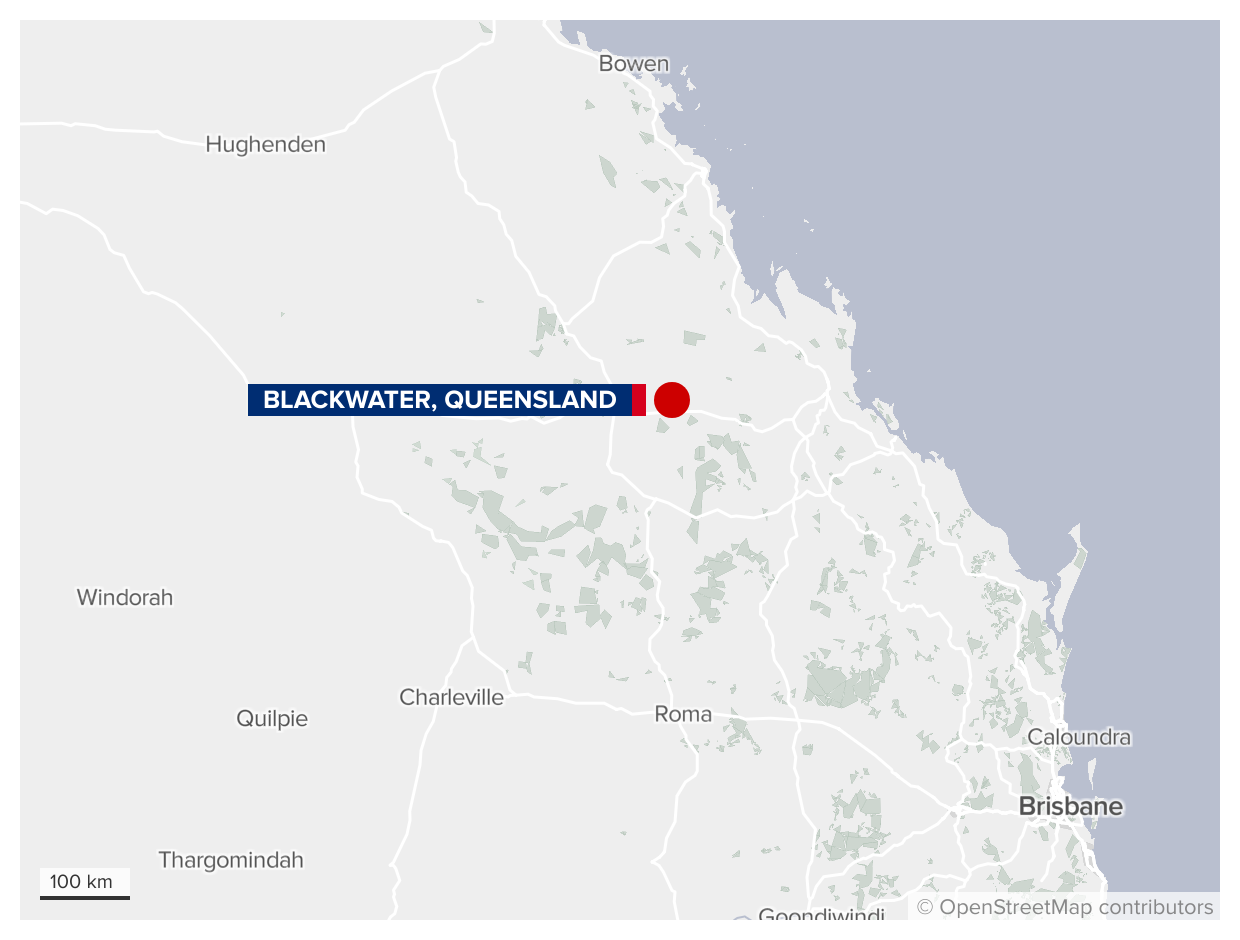 Queensland masseur charged with rape and sexual assault
Queensland masseur charged with rape and sexual assault
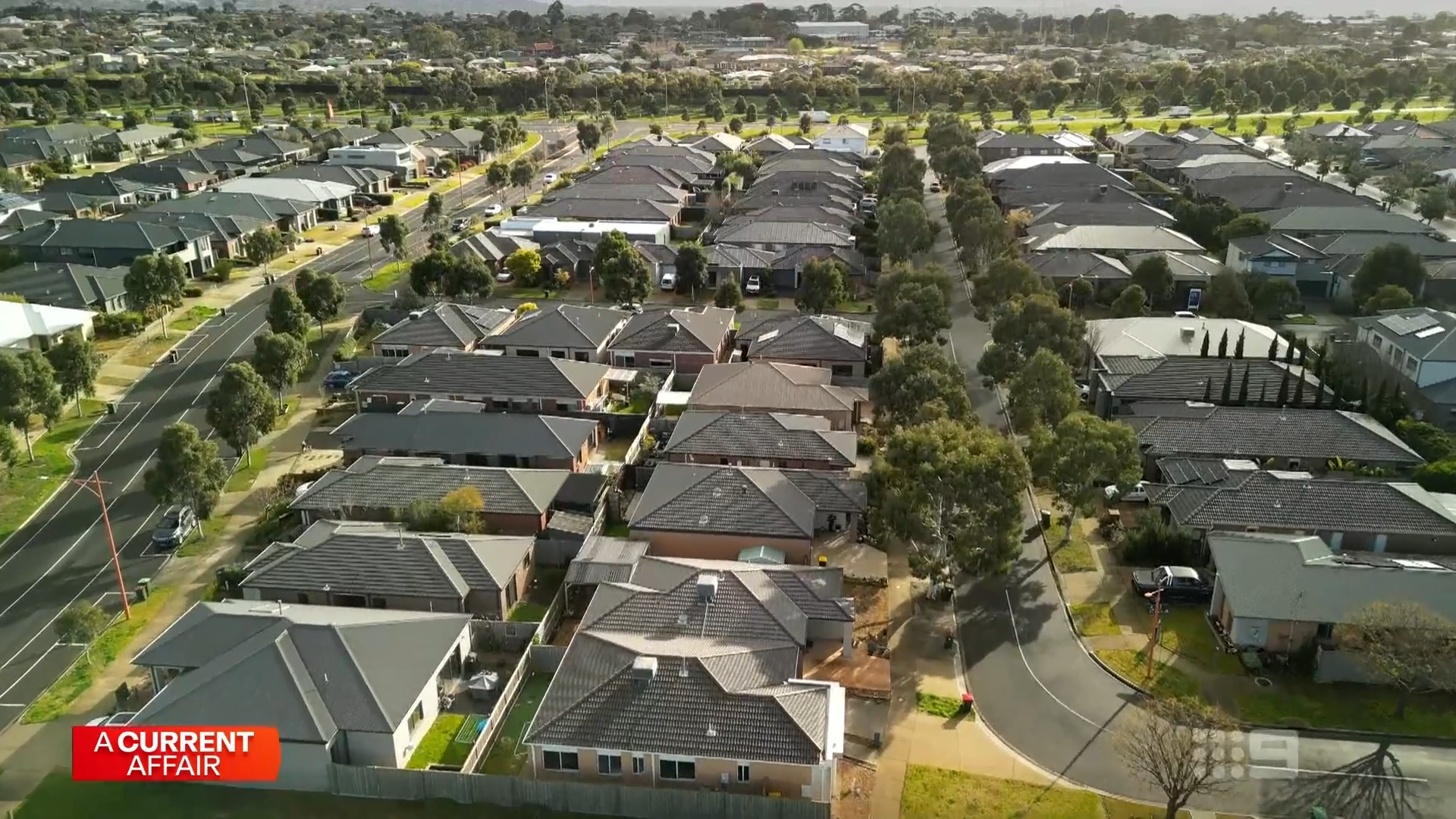 Majority of Aussies living in homes that are 'too big'
Majority of Aussies living in homes that are 'too big'
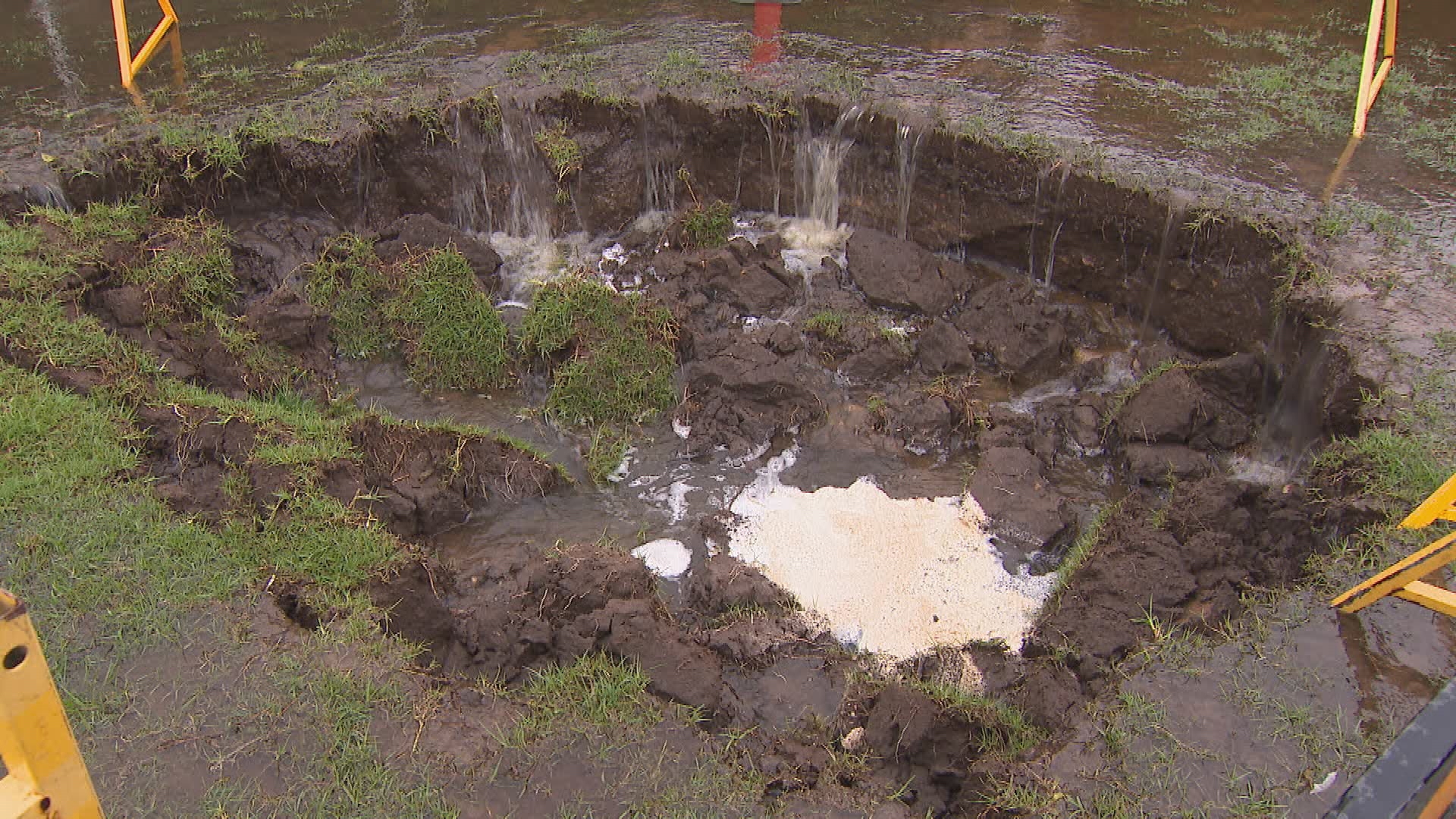 Giant sinkhole appears at sporting oval on Sydney's north shore
Giant sinkhole appears at sporting oval on Sydney's north shore
 'Lazy tax' could be costing Aussies six figures of super
'Lazy tax' could be costing Aussies six figures of super
 French streamer dies live online during extreme challenge
French streamer dies live online during extreme challenge
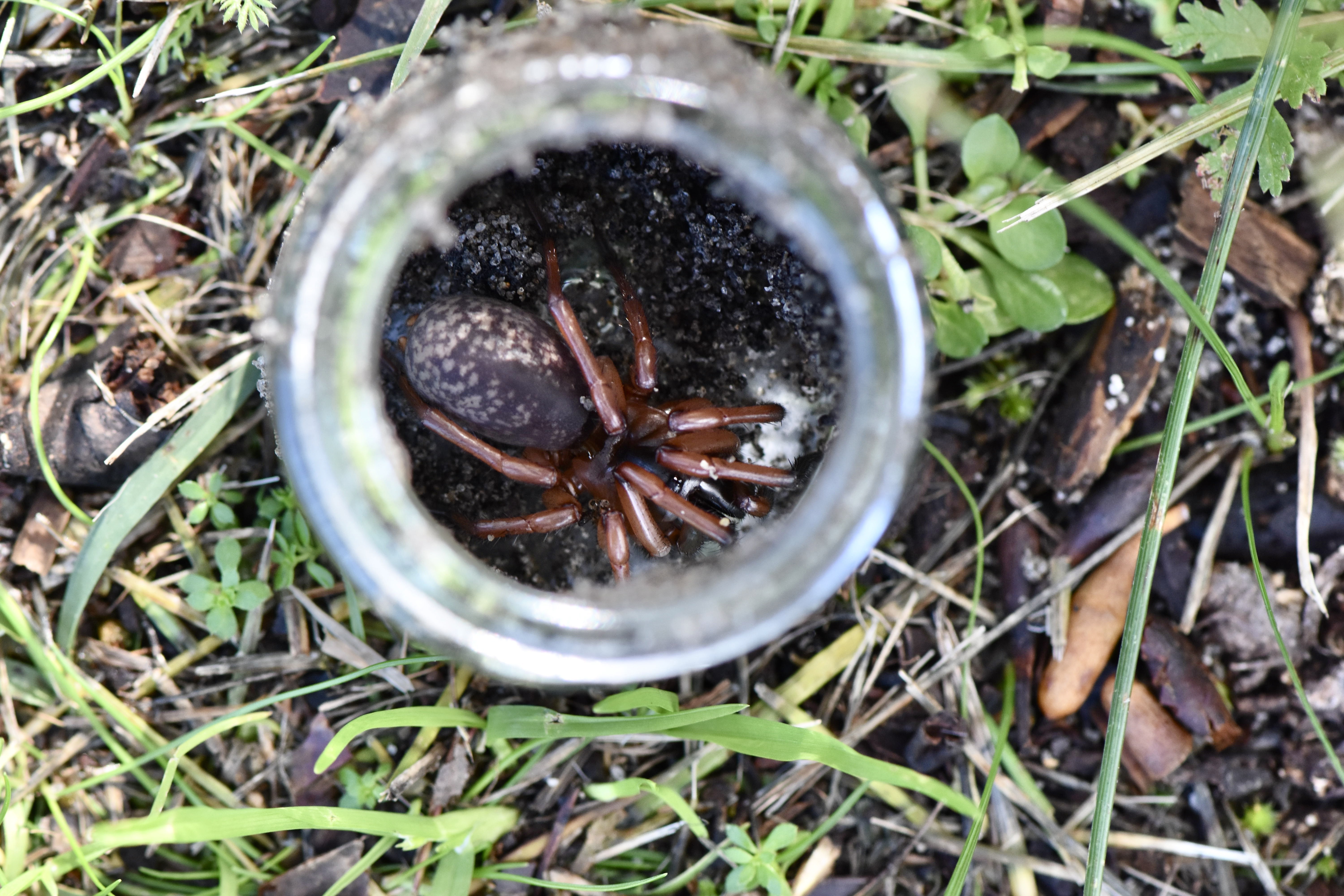 Mystery 'gem' spider discovered in Perth bushland
Mystery 'gem' spider discovered in Perth bushland
 Part of US plane's wing breaks off during flight
Part of US plane's wing breaks off during flight
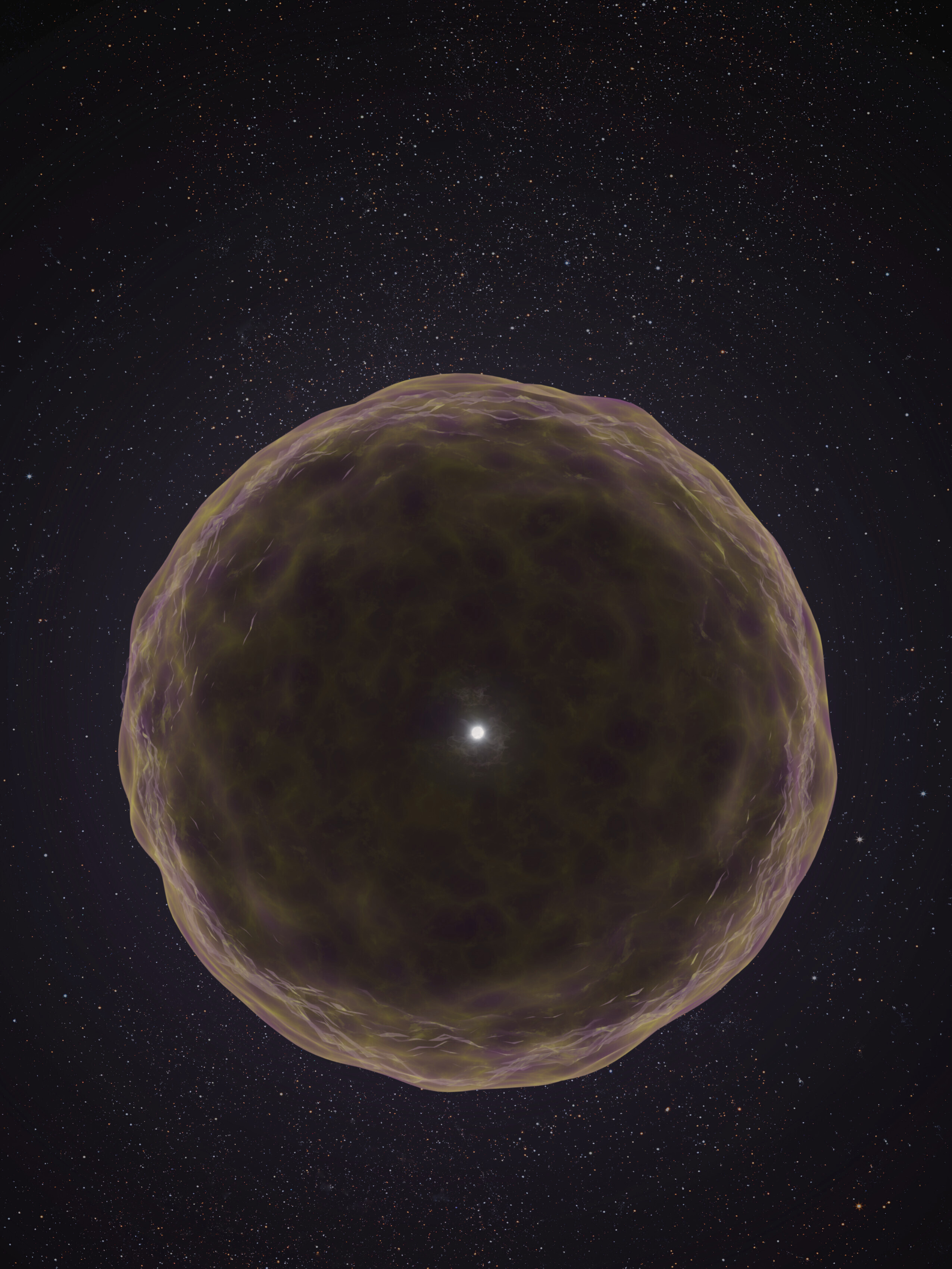 Scientists get a rare peek inside of an exploding star
Scientists get a rare peek inside of an exploding star
 Has your data been leaked? It could be waiting for the highest bidder on the dark web
Has your data been leaked? It could be waiting for the highest bidder on the dark web
 Tassie tigers and toad war: De-extinction giant's Aussie projects
Tassie tigers and toad war: De-extinction giant's Aussie projects






